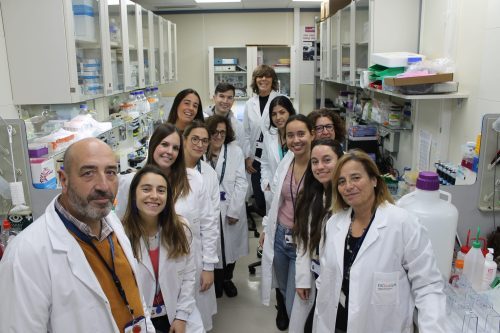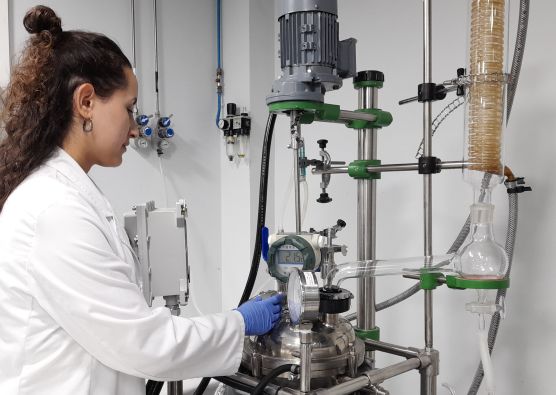New therapeutic approach to treat fulminant liver damage caused by paracetamol

Researchers from CIC bioGUNE, CIBEREHD and New York University identify that altered magnesium levels in the liver may be a cause of liver failure due to high-dose paracetamol ingestion.
The use of RNA interference technology opens new therapeutic windows to combat fulminant liver damage due to paracetamol overdose.
The work has been published in the journal Nature Communications.
The current treatment, with the antioxidant N-acetylcysteine, is only effective if administered within eight hours of ingestion.
 Researchers from CIC bioGUNE, the Center for Biomedical Research Network for Liver and Digestive Diseases (CIBEREHD) and New York University have discovered a new therapeutic strategy to treat patients with fulminant liver failure due to paracetamol overdose. Current therapy is only effective if administered within the first eight hours after paracetamol overdose. The research, published in the journal Nature Communications, identifies the upregulation of magnesium levels in the liver and increased levels of the protein CNNM4 (responsible for the transport of this metal ion across cell membranes) as markers of liver damage.
Researchers from CIC bioGUNE, the Center for Biomedical Research Network for Liver and Digestive Diseases (CIBEREHD) and New York University have discovered a new therapeutic strategy to treat patients with fulminant liver failure due to paracetamol overdose. Current therapy is only effective if administered within the first eight hours after paracetamol overdose. The research, published in the journal Nature Communications, identifies the upregulation of magnesium levels in the liver and increased levels of the protein CNNM4 (responsible for the transport of this metal ion across cell membranes) as markers of liver damage.
The development of an RNA interference-based therapy linked to the regulation of magnesium levels could significantly extend the time window for treating these patients to 24 hours after toxic paracetamol ingestion. Potentially, it could potentially avoid the need for liver transplantation.
Drug-induced liver injury is one of the leading causes of acute liver failure and transplantation in the Western world. Paracetamol, also known as acetaminophen, is a widely available drug throughout the world, commonly prescribed to treat pain and fever. Although, in adequate doses, it is a safe analgesic, high doses are toxic, and it has become the most common cause of fulminant liver failure in the UK and the US (57%). In Europe it accounts for 46% of diagnosed cases of liver failure. It is estimated that more than 60 million people in the US use paracetamol every week. About 30,000 patients are admitted to the intensive care unit each year with liver damage due to high doses of paracetamol.
Treatment with the antioxidant N-acetylcysteine (NAC) is the standard treatment after hospital admission and is recommended as an antidote, even before the diagnosis is established. However, its efficacy is limited to the first hours after toxic ingestion of paracetamol. After this period, liver transplantation is the only option if the patient does not progress adequately. Therefore, there is a need to clearly define new therapies that are efficient in advanced stages of the disease.
“We have identified that patients with liver damage due to paracetamol overdose have altered magnesium levels in the serum and liver, due to a significant increase in the CNNM4 protein. This protein, CNNM4, is responsible for facilitating the transport of magnesium ions across cell membranes in the liver, and only increases in abundance in pathological stages,” explain Dr Malu Martínez Chantar and Dr Alfonso Martinez de la Cruz, researcher and researcher in the Liver Disease laboratory at CIC bioGUNE. The research has shown that modulation of the expression levels of this protein, by subcutaneous administration of a therapeutic RNA targeted directly to the liver, results in a restoration of mitochondrial activity and prevents liver necrosis, also promoting liver regeneration in advanced preclinical models of liver damage due to paracetamol overdose.
The study, published in the prestigious journal Nature Communications, and whose first author is Dr Irene González Recio, has been co-directed by Drs Malu Martínez Chantar and Alfonso Martinez de la Cruz, at the CIC bioGUNE centre, and has been developed in close collaboration with a multidisciplinary consortium that includes national and international researchers from hospitals and basic and translational research centres belonging to the CIBER Liver and Digestive Diseases.




